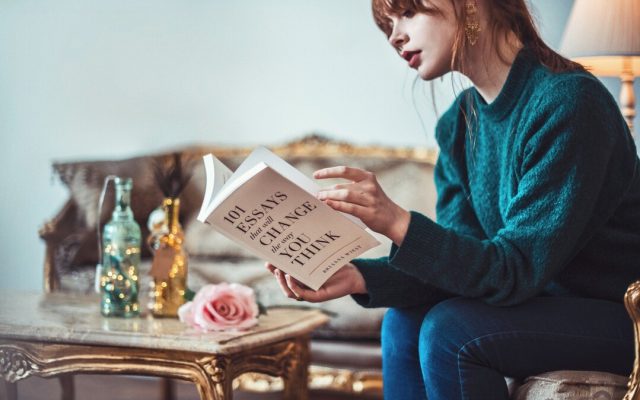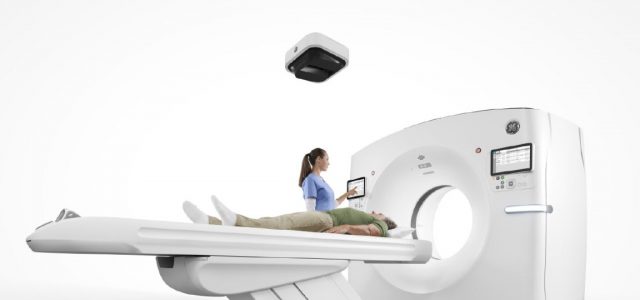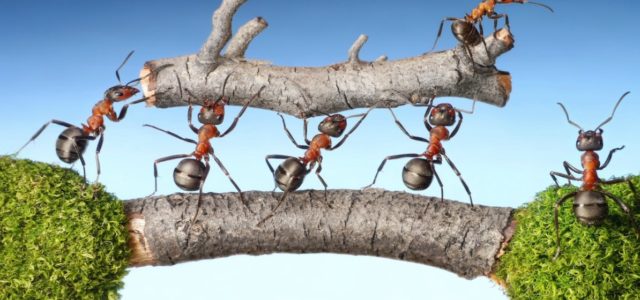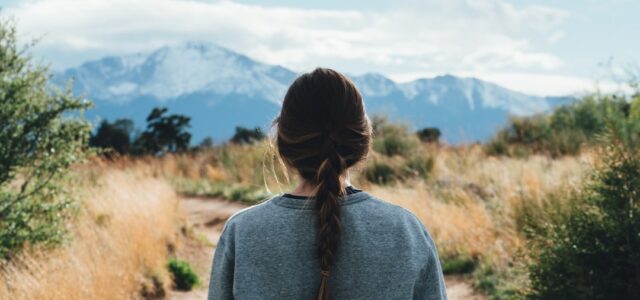Every day we learn new things. This has become more than ever an absolute necessity to adapt to the fast-changing, dynamic global environment characterized by a high level of uncertainty, insecurity and change. Our school- and university system is a key contributor to the learning our culture in our society and, of course. We need today not only pure knowledge but also, to a decisive extent, to develop today also our capacity of discovery, invention, experimentation and adaptability. But to be not left behind by the rapid technical development of our society we have also the enormous task of unlearning and relearning as well. The decay value of our knowledge has shrunk disproportionately in comparison to earlier generations. Therefore, we have the enormous task of also learning to unlearn and relearn in order to constantly adapt. Edward Hess, Professor of business administration and Batten Faculty Fellow at the University of Virginia Darden School of Business coins the term of Hyper-Learning in his wonderful book “Hyper-Learning – How to adapt to the speed of change”. The capacity of the human being for learning, unlearning and relearning is essential to scope with our fast changing technology-driven world and he underlines the fact that change will be the only certainty: What worked for me yesterday may not work for me today and we don’t have the luxury to get complacent.
Learning and biases. The concept of education as an exercise only at the beginning of your life during school and university will be over. The future of our education system will be more diverse and future generations will take several breaks of education for constant learning opportunities. Ben Schiller predicts even the new profession of “un-schooling counselors”, who will guide our learning journey through our career and whole life.
Even if this seems evident that learning is in high demand to keep up to date with the race of the fast changing environment driven by the rapid technical evolution and even if we are motivated to take on this daunting task, we are confronted to some major hurdles: We are more subject to our biases and prejudices than we might realize. And these biases play an important role in coping with the enormous wave of information that overtakes us every day. The human mind do an outstanding effort to withstand this flood of information. We are confronted of a volume of 34 Gigabytes of information per day through mobile phones, online entertainment services, the Internet, electronic mail, television, radio, newspapers, books, social media etc. and we receive every day about 105,000 words or 23 words per second. In order to deal effectively with this flood of information, we unconsciously and unintentional use filter mechanisms such as the confirmation bias. The confirmation bias helps us to process information by looking for and interpreting, information that is consistent with our existing beliefs. This helps us in our decision making, but this often results in ignoring inconsistent information. The task here is to consciously switch off our auto-pilot thinking at times and to question seemingly clear circumstances more deeply, reflective, and logical to make more conscious decisions.
Unlearning and relearning. Unlearning is not about forgetting what we know, but it’s rather the ability to choose an alternative mental model in which we operate. If we want to learn and grow steadily, we have to step out of our often unconscious mental models. We have to get over of old convictions and embrace new information which doesn’t always fit in our existing thought pattern. All learning we do, involves unlearning since we have to question our existing beliefs, create new connections in different contexts and re-sort knowledge by matching, combining and structuring new facts with our existing knowledge. Edward Hess underlines the fact that “All learning occurs in conversations with yourself (deep reflections) or with others”. That means, only in being confronted with other opinions and engaging in this meaningful conversations we can understand different ways of thinking and change and adapt our mental models. The more we are able to unlearn, the more likely we can learn and grow. Learning new things is impossible without unlearning.
“The illiterate of the 21st century will not be those who cannot read and write, but those who cannot learn, unlearn, and relearn.”
Alvin Toffler
But unlearning is an uncomfortable endeavour. Unlearning requires us to get out of our comfort zone and we all know how hard this can be and how unsafe that can feel. Here some helpful trigger to start unlearning:
Be open. Be open to be challenged and to unlearn. This is a question of mindset.
Look for what is unfamiliar. Try to avoid repeating think and behaviours patterns.
Foster curiosity. Be open of trying new things which are unfamiliar for you.
Do things differently. Looking actively for ways to try new behaviours. Shut down the auto-pilot-mode and think twice.
Learn from others. Engage in meaningful discussions and read to learn about other mental models and try to understand their thinking behind their decisions?
Create triggers. Use carefully the words of your new mental model
Write your ideas down. Try to analyses situations, identify patterns of what worked to handle this and build a framework to connect your idea to previous ideas.
The idea is to create new habits to refine and use our new mental models. It is critical to be aware of our existing mental models, because they are like invisible filters of everything we learn and do.
In this time of transformative change, we need to be conscious of our ambidextrous in our thinking.
Mark Bonchek, Harvard Business Review
The place to start is by unlearning how we think about learning. The idea is to expand our Comfort Zone, which isn’t static. The aim is to get out of our cozy comfort zone and thriving towards the growth zone which will help us to set new goals and feel more at ease more often in your life. That means to expose ourself to new situations even if it might feel uncomfortable at the beginning.
Source: warwick.actioncoach.co.uk
To go on the journey of personal growth we need to set new goals and find a purpose, which drives us in our daily actions. The challenge is to expand our comfort zone and getting into the learning zone to gain new experiences by keeping control and the feeling of security. This is a continous tightrope walk, but worth doing it for our self-development.
A fundamental part of this learning journey is recognizing our biases and mental models. We have to acknowledge other ways of thinking and other opinions. In order to learn, we must be ready to be challenged by others through conversations and unlearn our current ways of doing things or the way we think. When we achieve this, all paths are open to us to be successfully prepared for the future.
Article by channel:
Everything you need to know about Digital Transformation
The best articles, news and events direct to your inbox
Read more articles tagged: Learning & Development







